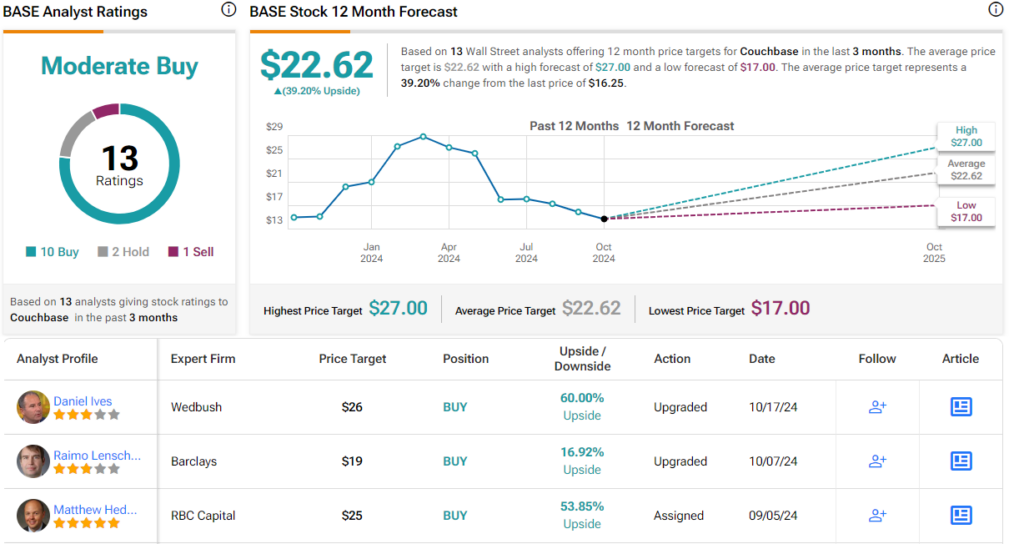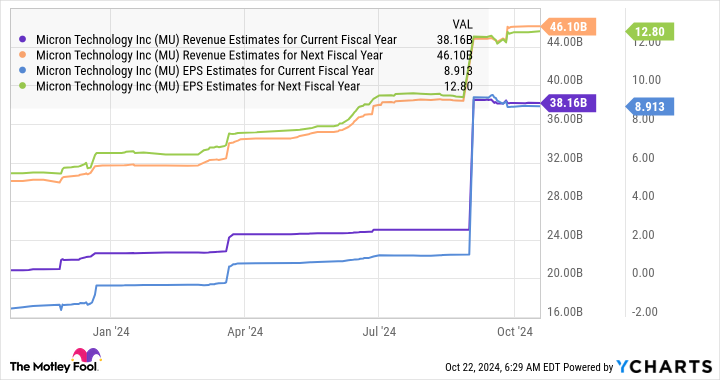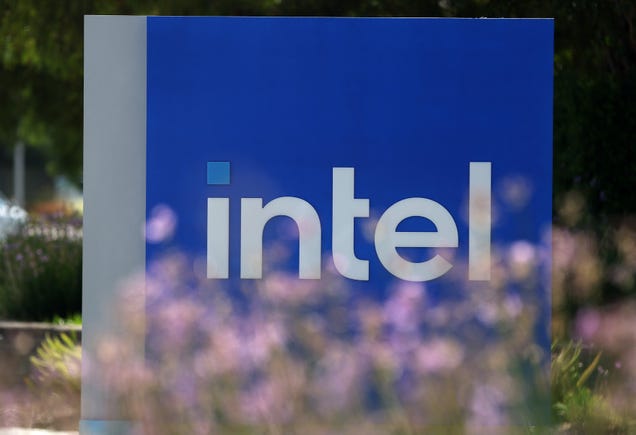A new digital assets venture promoted by Donald Trump is being shunned by much of the crypto industry, as executives fear the project will undermine efforts to rebuild trust with consumers after years of high- profile collapses and frauds.
The former US president and his three sons have been promoting World Liberty Financial, a crypto venture set up by his longtime business partners and others. The company began selling its token to qualified investors on Tuesday, aiming to raise $300mn. By Wednesday it had raised $12mn, selling 4 per cent of the 20bn available tokens.
However, the Trump family’s embrace of crypto has drawn widespread criticism from leading industry executives and analysts, who are worried about World Liberty’s ties to a candidate running for the US presidency, its unclear investor protections and the records of two of the executives running it. One of them previously ran classes teaching men how to pick up women and the other faced allegations of fraud and illegal drug sales.
The criticism comes despite Trump positioning himself as the pro-crypto candidate ahead of November’s US election.
“He said nice things about crypto but he immediately wants to extract value,” said Nic Carter, general partner at Castle Island Ventures. “None of this is liberalising or democratising access to finance.”
World Liberty Financial will “leverage the global reach and recognition of the Trump brand” to promote crypto, it said on its website.

Its token gives holders voting rights on “certain WLF Protocol matters”, but it confers “no economic rights” in the company and cannot be traded or sold back to the business. On Tuesday the company’s website crashed as the token sale began, raising questions about its reliability.
Donald Trump’s involvement as “chief crypto advocate” has largely been to promote the company on social media, although he “will be entitled to receive significant fees”, the company’s website states. World Liberty Financial did not respond to requests for comment.
“The focus seems to be . . . more on headlines and the naming of it Liberty rather than the substance,” said Rich Rosenblum, co-founder of crypto market maker GSR, adding that there are “some concerns about [Trump’s] intentions”.
For many executives, the Trump family’s project risks wrecking their painstaking efforts to rebuild crypto’s battered reputation after the market crash of 2022. Some executives have been sued by US authorities or sent to prison for their failure to protect investors. Many of those left standing have lobbied hard for regulation and to be accepted by traditional financial players.
“When you see a project like this that doesn’t have clear investor protections built in and you see everyday citizens getting excited about it because of who’s endorsing it, it’s really hard for us,” said the head of one crypto hedge fund.
“It’s scary for us in the industry who have worked really hard to keep regulation and compliance at the forefront,” they added.
Trump’s endorsement, while in the final stages of a presidential campaign, also raises conflicts of interest issues, analysts say.
He has stepped up his courtship of crypto this year, just as the industry has emerged as one of the biggest political donors in the election cycle.
After deriding bitcoin as a “scam” when president, the Republican nominee has promised to end “persecution” of the industry — a stance that has gained him public and financial backing from top Silicon Valley investors.
“This definitely puts a potential thumb on the scale for what regulation will look like, what does or doesn’t get subject to enforcement,” said Yesha Yadav, associate dean at Vanderbilt University Law School.

World Liberty Financial said it was a “nascent” decentralised finance platform that would allow customers to borrow and lend against selected digital tokens, including ethereum and stablecoins Tether and USDC. Widely deemed the wild west of crypto, decentralised finance is an unregulated corner of the market.
It “undermines the impression that crypto’s looking for significant, serious, systematic regulation”, said Yadav, adding that the Trump family backing “creates an extra layer of difficulty and perception of conflict [of interest]”.
Crypto executives also point to the business records of two of the co-founders of World Liberty Financial as a potential problem for an industry trying to revive its reputation.
The two, Chase Herro and Zachary Folkman, have faced a number of lawsuits across the US over the years.
“These guys are total losers with very questionable business track records and not at all equipped to build an ironclad [decentralised finance] company,” Carter added. “Nobody knows them in crypto . . . they’re not like seasoned entrepreneurs in crypto at all.”

Herro and Folkman did not respond to requests for comment.
Herro and Folkman previously ran Dough Finance, a small crypto lending project that was hacked for about $2mn in July. They were introduced to Trump through his friend Steve Witkoff, a property developer and Trump donor who is listed as a co-founder of World Liberty Financial, according to a person familiar with the matter.
Herro, who often spells his name “Hero” online, was jailed aged 18 for selling drugs in his home state of Wisconsin, and later admitted to cutting off his ankle monitor. “I ran to the state of California from Wisconsin, I literally fled,” he told a podcast in 2019.
In 2010, he was sued by an investor for alleged fraud for using a $170,000 investment into a medical marijuana company “for his own personal benefit”, and because the company “failed to maintain any corporate books, minutes or formalities”. Herro, who “completely” denied using investments for personal use and said he “maintained a separation” of his personal and corporate funds, was ordered to pay $207,366 for damages, interest and other costs.
In 2021 Folkman was sued by American Express for $12,562.21 worth of credit card debt. American Express requested the case be dismissed in 2022. The company did not respond to a request for comment.
In 2017, Herro, Folkman and others were sued by a real estate company for allegedly causing more than $75,000 worth of damage to a property they were renting, and refusing to pay 11 months’ worth of rent. The parties settled in 2019. The pair denied the claims.
YouTube videos posted by them also depict a lavish lifestyle of fast cars, private jets and pranks, including one in 2020 where they dressed up as women in order to find dates. Folkman ran a business advising men on dating, saying the aim was “to take girls home and have sex”.
Despite the industry’s many reservations, executives still expect the venture to have some success, at least initially.
“It’s a joke,” said a senior US crypto exchange executive about Trump’s platform and the people running it. “The sad thing is” that many ordinary investors would probably flock to it because of his endorsement, he added.













































































































































































You must be logged in to post a comment Login